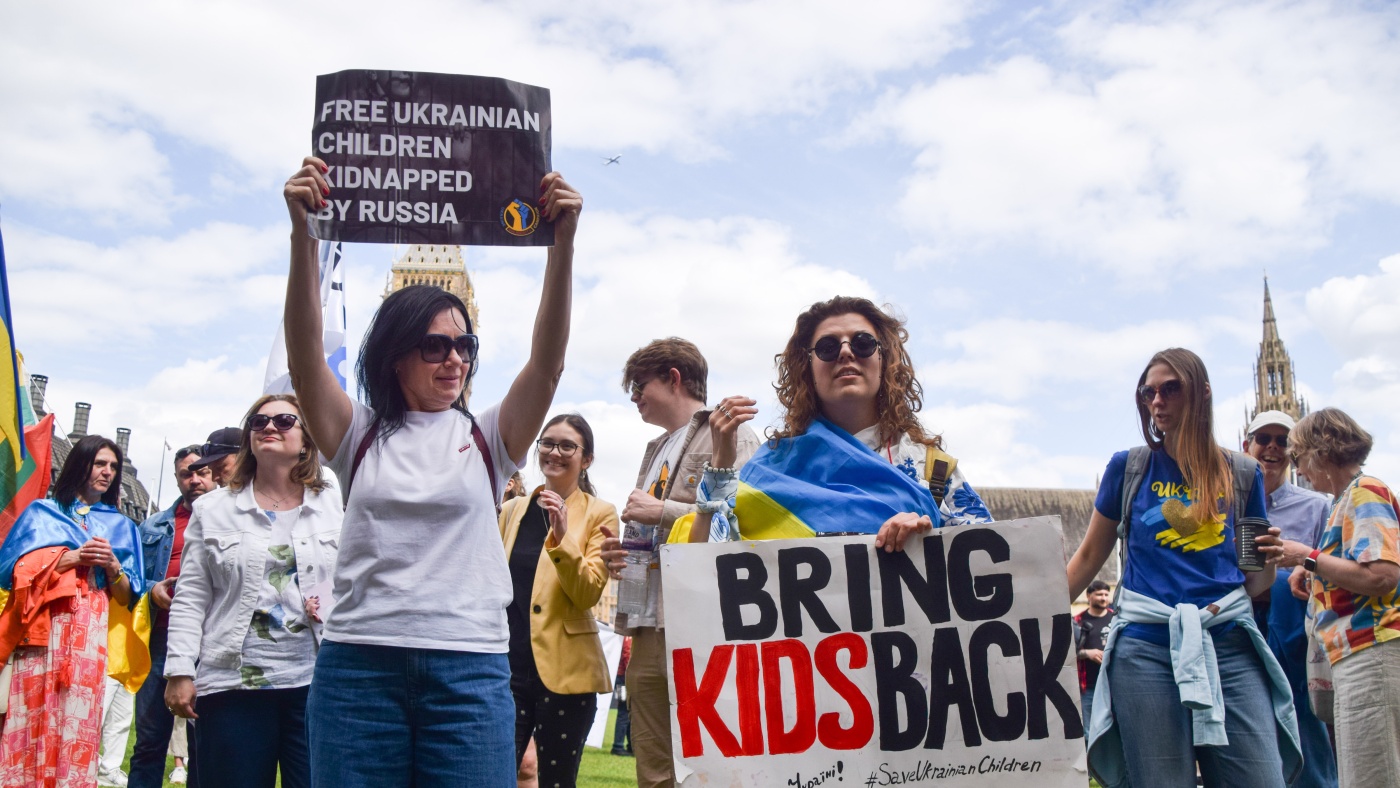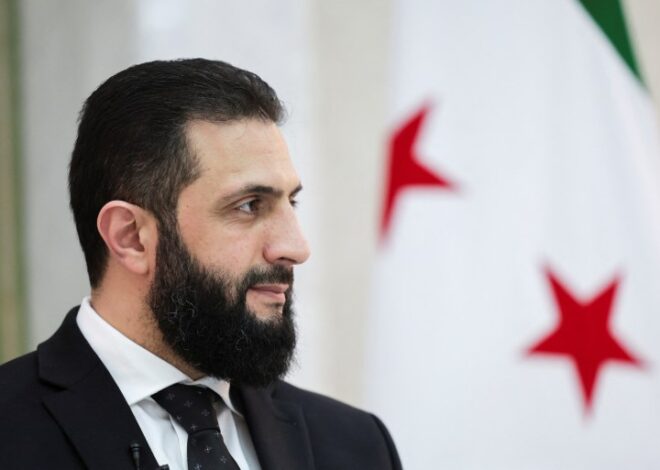Russia gives Ukrainian kids military training and reeducation, Yale researchers find

Russia’s Military Training and Reeducation of Ukrainian Children: A Yale Report
Overview of the Findings
A recent report from researchers at Yale University reveals alarming evidence regarding the treatment of Ukrainian children in Russia. The study, conducted by the Humanitarian Research Lab at the Yale School of Public Health, highlights an extensive network of facilities where thousands of Ukrainian children are subjected to military training and reeducation. This report sheds light on practices that go beyond mere indoctrination, suggesting that children as young as eight are receiving instruction in combat skills and Russian patriotic narratives.
The Scale of the Network
The report, titled “Ukraine’s Stolen Children: Inside Russia’s Network of Re-Education and Militarization,” reveals a far-reaching system where Ukrainian children, particularly those taken from occupied territories, are being held. The researchers documented 210 locations across Russia and occupied Ukraine, with 156 of these sites newly identified. Notably, 62% of these locations are involved in reeducation, while approximately 19% are used for military training.
Nathaniel Raymond, the director of the Yale lab, emphasized the seriousness of the situation, stating that the children are not merely being trained for benign roles. “They’re giving them actual training in grenade throwing and, in one case we know they’re involved in the manufacture of drones,” he explained in an interview with NPR. The report indicates that the training provided is part of a systematic approach, with tactical scenarios designed to prepare these children for military roles.
Evidence of Military Training
The findings are particularly concerning as they detail the nature of the military training provided to these children. According to Raymond, the training pipeline is structured in a way that leads to only one conclusion: preparation for combat. He remarked, “They are in a training pipeline that has tactical scenarios and curricula that lead only to one conclusion.” This assertion underscores the gravity of the situation, indicating that the training is not incidental but rather a deliberate part of a broader strategy.
The network identified by the researchers spans more than 3,500 miles, stretching from the Black Sea to Siberia, and includes various facilities such as two new cadet schools and even a monastery. Approximately half of these locations are reportedly managed directly by Russian federal or local authorities.
The Missing Children
The exact number of Ukrainian children caught in this network remains uncertain. The Ukrainian government has verified that at least 19,500 children have been reported missing since Russia’s full-scale invasion in February 2022. However, the Yale Humanitarian Research Lab estimates that the actual number could be as high as 35,000. This discrepancy highlights the challenges in tracking the fate of these children amidst the ongoing conflict.
Raymond mentioned that several European officials have expressed horror over the report’s findings, suggesting that it could serve as a “turning point” in how the situation is perceived in Europe. He noted that the implications extend beyond Ukraine, raising concerns about the potential for similar actions in other countries.
International Response
The international community has reacted to these revelations with increasing alarm. In March 2023, the International Criminal Court (ICC) issued arrest warrants for Russian President Vladimir Putin and Maria Lvova-Belova, Russia’s commissioner for children’s rights, for their alleged roles in the unlawful deportation of Ukrainian children. The ICC characterized these actions as war crimes. However, Russia has dismissed these charges, asserting that it is rescuing children from the conflict rather than abducting them.
Ukrainian President Volodymyr Zelenskyy has emphasized that the return of these children must be a critical component of any peace negotiations with Russia. He plans to highlight the issue during an upcoming high-level event at the U.N. General Assembly.
Future of the Research
The Yale Humanitarian Research Lab, which has been instrumental in documenting these findings, faces an uncertain future following the cancellation of the Conflict Observatory program by the Trump administration. This State Department-funded initiative was aimed at collecting evidence of war crimes in Ukraine and Sudan, and the Yale lab was a key participant. Despite these challenges, the lab’s work has been extended until January, thanks to a series of small, private donations from various organizations, including those within the Ukrainian diaspora.
Conclusion
The revelations from the Yale report paint a disturbing picture of the systematic militarization and reeducation of Ukrainian children in Russia. As the international community grapples with the implications of these findings, the necessity for accountability and action becomes increasingly urgent. The plight of these children remains a critical issue in the ongoing conflict, and their return is essential for any future peace negotiations.
Key Facts
– **Report Title**: “Ukraine’s Stolen Children: Inside Russia’s Network of Re-Education and Militarization.”
– **Research Institution**: Yale School of Public Health, Humanitarian Research Lab.
– **Identified Locations**: 210 sites in Russia and occupied Ukraine, with military training at 19% of them.
– **Missing Children**: Ukrainian government reports at least 19,500 missing; Yale estimates up to 35,000.
– **International Criminal Court**: Issued arrest warrants for Putin and Lvova-Belova in March 2023 for war crimes.
– **Future of Research**: Yale lab’s funding extended until January 2024 after private donations.
Source: www.npr.org

